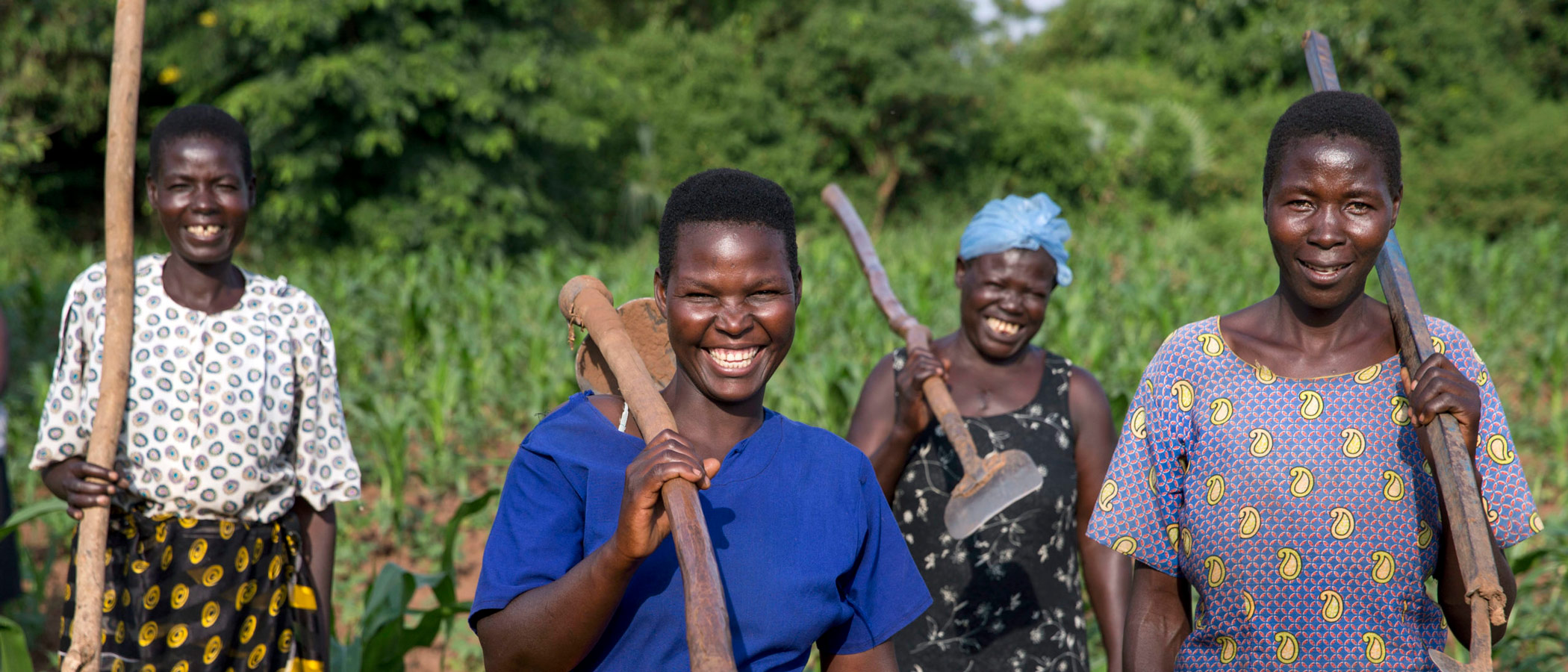Today, both universal education and sexual and reproductive health and rights are severely underfunded, particularly for women and girls in low- and middle- income countries (LMICs). Dedicating climate adaptation financing to include girls’ education and modern voluntary family planning as part of multisectoral climate adaptation approaches would help ensure that those most vulnerable to climate change and its impacts have access to basic human rights. When people are afforded these rights, they can better adapt to climate change and enjoy many other immediate and long-term cascading benefits to human health and well-being.
This year’s COP26—the United Nations’ most important Climate Change Conference in years—is a new opportunity to urge leaders to prioritize girls’ education and family planning in holistic adaptation strategies. Keeping these efforts top-of-mind doesn’t simply support women and girls around the world; these strategies ensure a brighter future for generations of women, girls, and families to come. Explore this policy brief to learn more about incorporating girls’ education and family planning in climate adaptation and resilience, utilizing these strategies to help address women and girls’ distinct vulnerabilities, and compelling reasons for prioritizing girls’ education and family planning within national climate adaptation strategies and UNFCCC processes.
Download the brief in English or en Français by clicking the GET THE PUBLICATION button, and follow Project Drawdown online for more climate solutions resources all year long.

